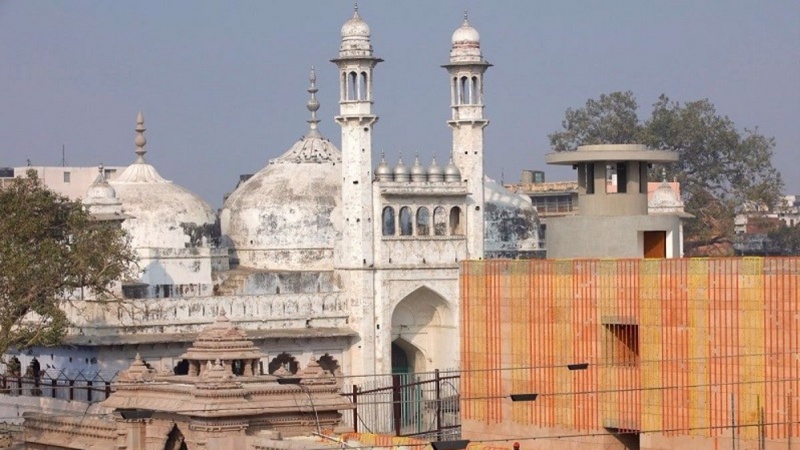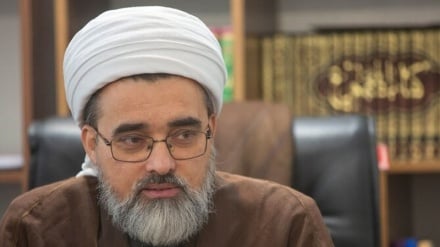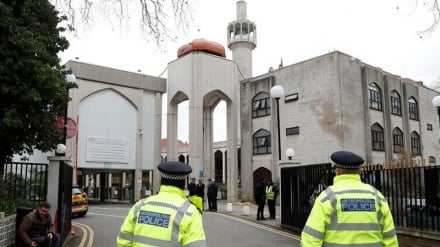Indian court allows Hindus to pray in another disputed mosque
In one of the most sensitive religious disputes in India, the country’s court permits Hindu worshipers to pray inside a mosque in the north Indian city of Varanasi.
An Indian court ruled on January 31 that Hindu worshipers could pray in the basement of the Gyanvapi mosque.
The ruling comes at a time when India’s Prime Minister Narendra Modi inaugurated a controversial temple on January 22. The temple was built on the site of a historic Babri mosque, demolished by Hindu extremists.
The Gyanvapi mosque is one of several mosques that Hindu activists, backed by Modi's Bharatiya Janata Party(BJP), have claimed for decades for being a Hindu temple.
The mosque was built in the 17th century by the Mughal empire in Varanasi, a city in the most populous Indian state of Uttar Pradesh.
After the local court ordered district authorities to "make proper arrangements within the next seven days" to facilitate Hindu worshipers, thousands of Hindus have been flocking to the site of the Gyanvapi mosque.
Syed Mohammad Yaseen, joint secretary of the Gyanvapi mosque committee, said Muslims are still praying in the mosque five times a day.
"But I am a bit worried about the security of the mosque because pooja (Hindu prayers) have started and some objectionable slogans were once raised," he added.
Since its coming to power in 2014, the BJP has been propagating its anti-Muslim stance. Human rights advocates say Muslims and their places of worship are under threat in the country.
The recent court ruling allowing Hindus to pray inside a mosque comes amid rising anti-Muslim hate crimes in India.
It has also invoked fear among the Muslim population which has been witness to the violence that was sparked after the historic Babri Masjid (mosque) in Ayodhya was torn down in 1992 by extremists incited by members of the ruling BJP.
SS



